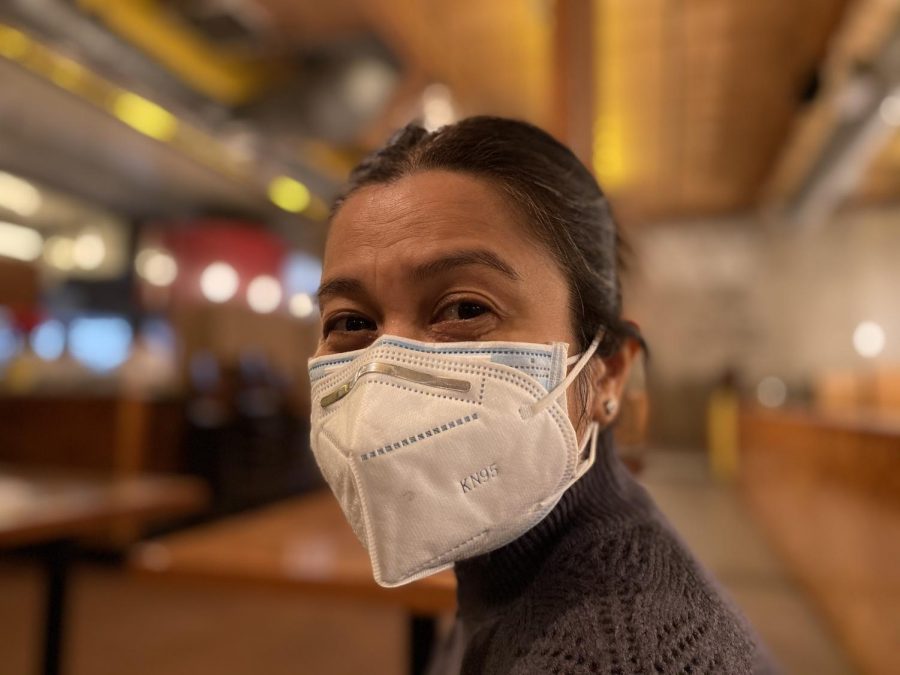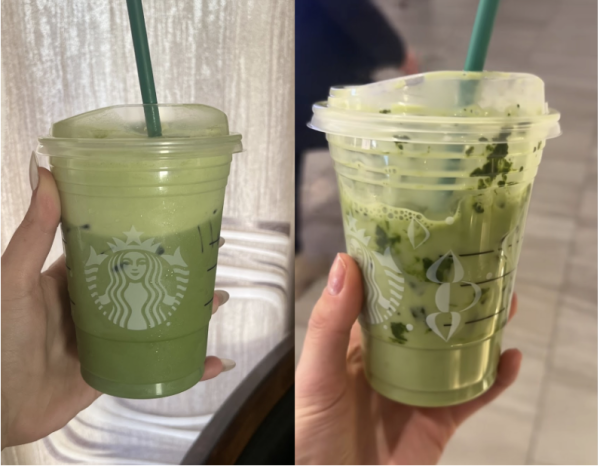Wearing a mask is not a choice
Some people take extra health precautions by “doubling-up” on masks.
Unfortunately, the politicization of the coronavirus has contributed to a stigma around wearing face coverings. During the initial outbreak in which information of the virus was widely unknown, uncertainty from experts made political leaders major sources for clarity and guidance. Although politicians’ messages were much more direct, advice contrasted greatly between political parties. Now, however, substantial scientific evidence supports the effectiveness of wearing a mask.
The scientific evidence is clear: masking helps reduce the spread of Covid-19. So why do people still actively refuse to wear masks? In this time of increasing covid cases, the importance of wearing a mask should be more apparent than ever.
Covid-19 is transmitted predominantly by respiratory droplets that are released through the mouth and nose. When someone coughs, sneezes, sings, talks or merely breathes, these droplets are released into the environment. Masks act as a barrier between the wearer’s droplets and their surroundings, reducing the spread of the droplets to others. Put simply, reducing the amount of droplets in the air, masks reduce the risk of Covid-19 exposure.
Wearing a mask is particularly important because both pre-symptomatic and asymptomatic transmission are possible. Even those who feel healthy must wear masks because they may be asymptomatically infected, unaware that they are carriers of the virus.
Some argue against the use of face masks behind the belief that social distancing can substitute the need to wear a mask. However, both social distancing and wearing a mask are imperative in preventing the spread of Covid-19.
Frontline workers and those in the medical field, such as doctors and nurses, wear N95 masks all day. Refusing to wear a mask because it is “uncomfortable” is not a valid excuse. What may seem to some a minor inconvenience may actually save someone’s life.
Countries, particularly in Asia, have demonstrated the effectiveness of prevalent mask usage. In Japan, for example, many were already using face masks regularly prior to the virus outbreak. With a population of nearly 130 million people and only around 2,000 Covid-19 deaths, Japan has shown great success in minimizing case numbers. Similarly, South Korea, where mask usage was also common before the outbreak, has only had almost 600 Covid-19 deaths.
With 1.43 million cases and 286,000 deaths in the past 10 months, California alone has more Covid-19 cases and deaths than Japan, South Korea, China, Indonesia and the Philippines combined.
Those who choose to not wear a mask not only put themselves at risk of exposure, but more importantly endanger those around them.
The primary purpose of masks is to prevent the virus from spreading to other people. Refusing to wear a mask is decidedly selfish by prioritizing personal desires or comfort at the expense of others’ well-being.

Hobbies/interests: bowling, medicine, playing Minecraft, listening to music, and watching anime & Kdramas
Favorite artists: Mac Ayres, Alina Baraz,...











